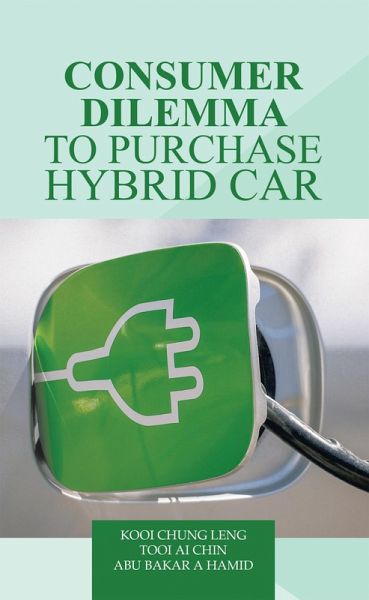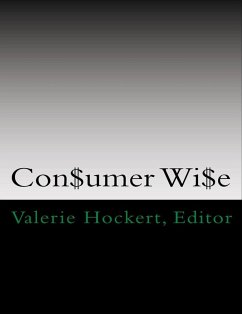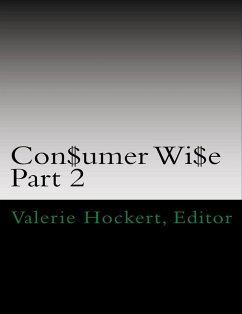
Consumer Dilemma to Purchase Hybrid Car (eBook, ePUB)
Versandkostenfrei!
Sofort per Download lieferbar
2,99 €
inkl. MwSt.
Weitere Ausgaben:

PAYBACK Punkte
1 °P sammeln!
As industrialisation continues to evolve, exacerbating environmental problems such as global warming and climate change have raised the concern across the globe. Road transport is primarily the most notable source of pollution in the world. With the sophistication in environmental technology, a variety of environmentally friendly products have been introduced in the market and hybrid vehicle is highly recommended. However, in Malaysia automotive market demand for hybrid vehicle is still considered very low compared to non-hybrid vehicles and thus to conduct a study on consumer's adoption towar...
As industrialisation continues to evolve, exacerbating environmental problems such as global warming and climate change have raised the concern across the globe. Road transport is primarily the most notable source of pollution in the world. With the sophistication in environmental technology, a variety of environmentally friendly products have been introduced in the market and hybrid vehicle is highly recommended. However, in Malaysia automotive market demand for hybrid vehicle is still considered very low compared to non-hybrid vehicles and thus to conduct a study on consumer's adoption toward hybrid car is timely. The study investigated the relationships between marketing mix (4Ps), environmental concern, governmental incentive and purchase intention of hybrid car in Malaysia. A total of 372 valid samples were collected using convenience sampling technique. The Structural Equation Modelling (SEM) by using Smart-PLS was employed to investigate the significance of individual path correlations, measurement model, and overall fit of structural model. The results of the study revealed that marketing mix (4Ps), governmental incentive, attitude, subject norm and perceived behavioural control showed a significant and positive relationship with hybrid car purchase intention. In addition environmental concern exhibits the moderation effect among those relationships.
Dieser Download kann aus rechtlichen Gründen nur mit Rechnungsadresse in A, D ausgeliefert werden.













